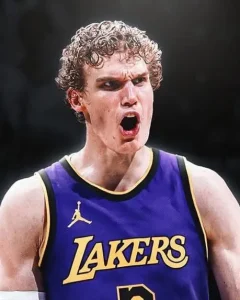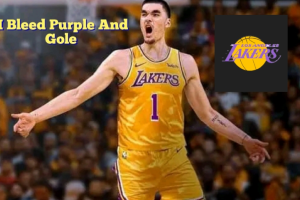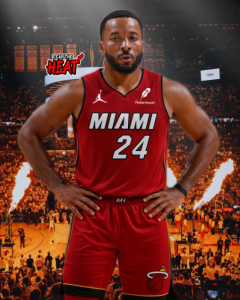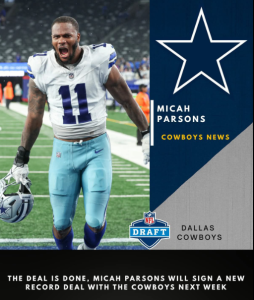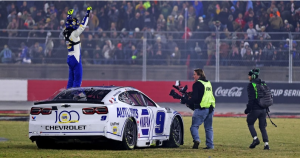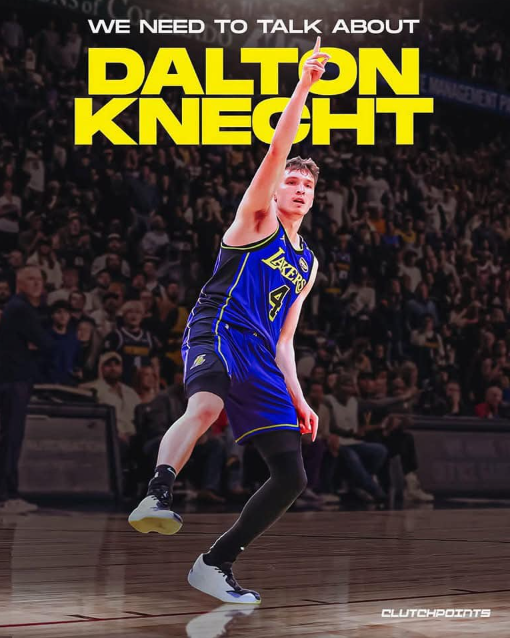
It’s Really Ridiculous to Think Dalton Knecht Fell to #17 in the Draft
When Dalton Knecht slipped all the way to the 17th pick in the NBA Draft, many fans raised their eyebrows. But the deeper you dig into the reasoning behind it, the more absurd it gets. Teams passed on Knecht—not because he lacked talent, athleticism, or production—but because… he was older?
Let’s break this down.
Teams Didn’t Want Dalton… Because He Was More Experienced?
In an era where NBA front offices obsess over youth and “projectable upside,” Knecht’s age—24 on draft night—was used against him. The logic? By the time he’s up for his second contract, he’ll be 27 or 28, and teams fear they won’t get “value” over the long haul.
It’s a cold calculation. A 19-year-old with half the skill and polish might get drafted higher just because his hypothetical peak is a few years away. Dalton? He was closer to ready now—and somehow, that was a liability.

Obviously, It’s About Money
In truth, it’s always about money and control. Rookie-scale contracts give teams a major advantage when managing salary cap flexibility. A younger player means more years before a big payday. For Dalton Knecht, teams saw a player who might hit his prime faster… but also demand a raise sooner.
So instead of betting on production, teams bet on time. They passed on Dalton. The Lakers didn’t.
And that’s where this story gets fun.
The Lakers Didn’t Hesitate—and They Got a Rookie Who Was Ready
The Lakers weren’t scared off by age. They wanted someone who could contribute now, and Knecht fit the bill. His scoring versatility, physicality, and shooting translated immediately.
But raw ability isn’t enough in the NBA. You need structure, accountability, and the right coach to bring it out. That’s where JJ Redick enters the picture.
JJ Redick Demands More—Because He Sees More
Redick has been tough on Dalton. From heated timeouts to visible frustration during mistakes, the rookie has taken his lumps. But it’s not personal—it’s investment. Redick expects more from Knecht, because he believes he can give more.
Against the Denver Nuggets, in a high-pressure game without LeBron or Luka Doncic, Knecht delivered his best performance yet: 37 points.
But it wasn’t a smooth ride the whole way.
A Mistake, a Timeout, and a Chance to Earn It Back
With just under three minutes left, the Lakers were battling to hang with the defending champs. Austin Reaves was looking to drive. Dalton, trying to make space, moved across the court—but that opened the lane for his defender, Christian Braun, who jumped the route, stole the ball, and dunked on the other end.
Nuggets up five. JJ Redick called a timeout.
Most rookie coaches might pull a rookie in that moment. Not Redick.
Dalton Responded. Big Time.
Redick kept Dalton in the game. What happened next showed why.
On the next play, Knecht quietly reset in the corner and drilled a cold-blooded three. Then, after two forced turnovers—including one on Nikola Jokic—Reaves found Knecht on the break for a thunderous dunk.
Knecht crashed hard after the dunk. But he got up. And when he did, the Lakers led by three.
Jamal Murray Played Spoiler… But the Lakers Saw What They Needed
Denver ultimately won. Jamal Murray hit another dagger against the Lakers—because of course he did. But even in the loss, LA found something deeper.
They saw upside.
They saw belief.
They saw a reason to stop mourning the Mark Williams trade that fell apart earlier in the season—and start celebrating a future that includes Dalton Knecht.
He’s not just a stopgap. Not just an older rookie. He’s a player who’s already showing what he can be under the right leadership, in the right system, with the right mentality.
The Lakers May Have Found a Keeper
He scored 37. He took a hit. He responded after a huge mistake. He earned his coach’s trust.
Dalton Knecht didn’t fall to 17 because of his game. He fell because teams were thinking five years ahead.
The Lakers? They thought about tonight—and tonight, Knecht showed them why that might’ve been the smartest move in the draft.
ClutchPoints
